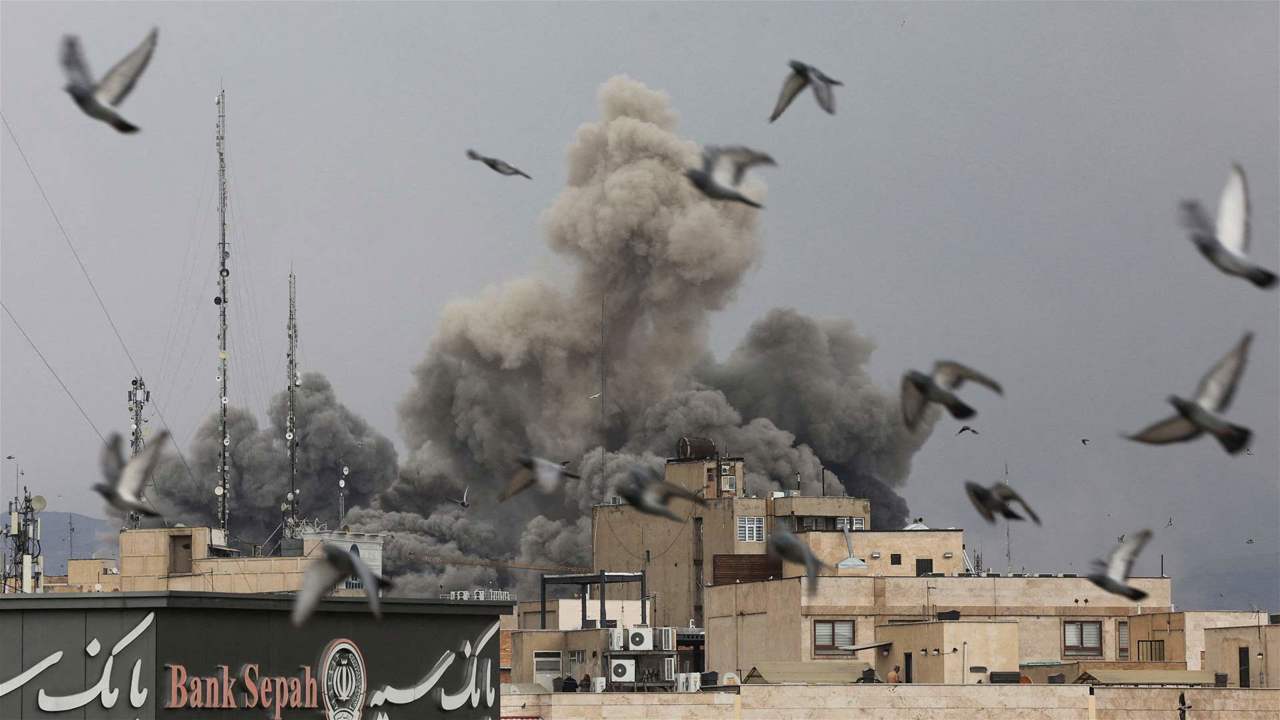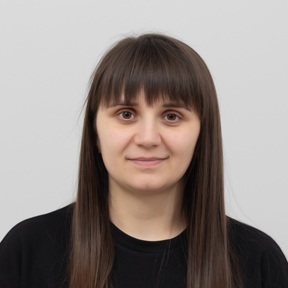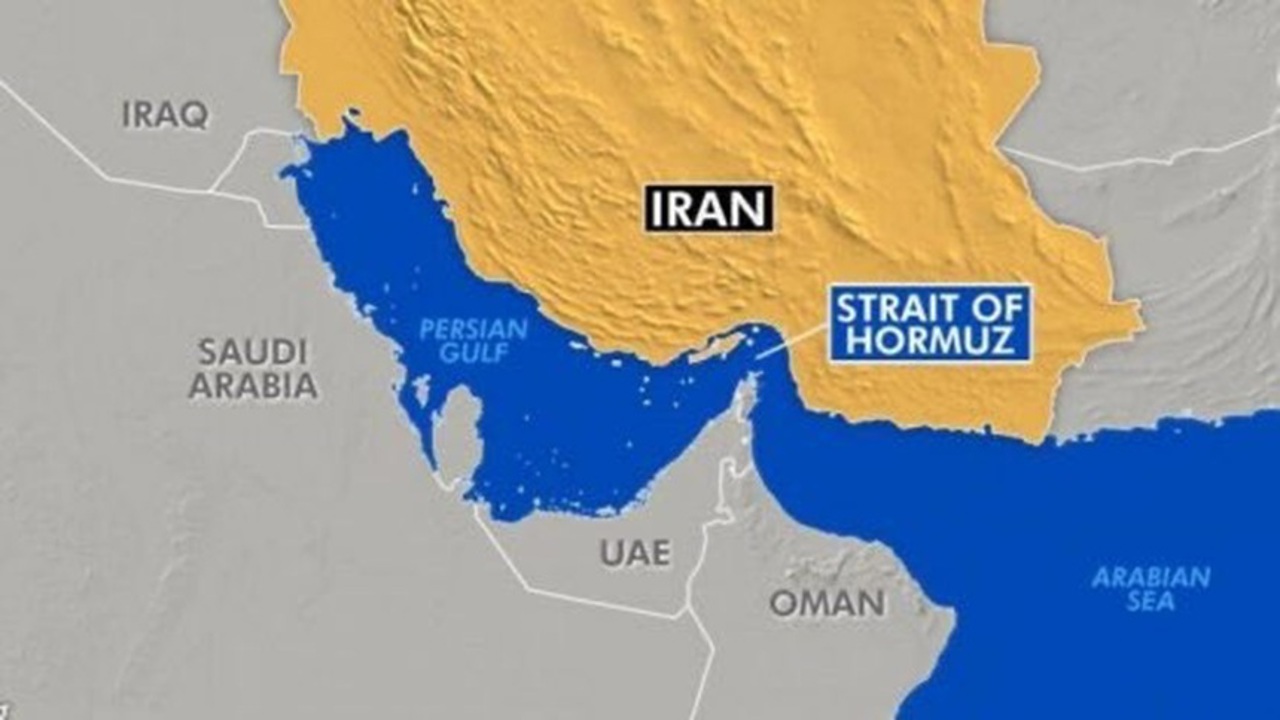Press review// Contradictory opinions about the future of relations between Moldova and the USA
Estimations for the Summit of the European Political Community, considering the return of Donald Trump to the White House; contradictory opinions about the future of relations between the Republic of Moldova and the USA; as well as evaluations of the evolution of justice reform in the country are the main headlines of the moldovan press review.

Moldova 1 TV proposes the opinion of the journalist from Brussels, Dan Alexe, who believes that the Summit of the European Political Community will focus on establishing a common front to strengthen security, considering the return of Donald Trump to the White House. According to the analyst, European leaders will avoid any premature dialogue with the US administration, as US foreign policy will not undergo immediate changes. In this context, Alexe estimates that, in the coming months, the Biden administration could strengthen support for Ukraine, and the immediate solution at the Summit will be to maintain the current policy. The journalist also suggests that participants in this political community could discuss alliances with international organizations, such as the Council of Europe or the Organization for Security and Cooperation in Europe, which have similar goals and a comparable membership structure.
Also, newsmaker.md publishes the opinion of international relations expert Mihail Isac, who claims that the Trump administration will continue to pay attention to the Black Sea region, and US policy will continue to influence Moldova. Instead, American analyst Jason Jay Smart believes that Trump's isolationist policy could lead Moldova to the business of the United States' interests, with less involvement in European affairs. Also, the former resident representative of Moldova at the UN and the Council of Europe, Alexei Tulbure, believes that it would be more beneficial for our country to continue the policy of the current Biden administration.
The judicial reform in the Republic of Moldova, which is still ongoing, represents a "success story in the process", believes the head of the Delegation of the EU in Chisinau, Janis Mazeiks. During a show on TV8, the European official emphasized that, for this reform to become a real success, the current pace must be maintained. Mazeiks mentioned that, although he is satisfied with the progress made so far, it is crucial that the Republic of Moldova continues the reforms and does not allow them to stop.
The need for urgent and concrete measures from the Legislative before the parliamentary elections is crucial, argues the political expert from the WatchDog organization, Andrei Curăraru. In an interview for Radio Chisinau, Curăraru highlighted some essential priorities for the future of the Republic of Moldova. These include reviewing the way justice reform is implemented, reshuffles in the Government and ensuring more consistent financial support for low-income families affected by corruption schemes linked to Ilan Shor, coordinated from Moscow. The expert warned that, in the absence of decisive actions against the people involved in implementing these criminal schemes, the risk of a new coup, of the type that failed in the referendum and presidential elections, remains a real possibility. Curăraru also emphasised the importance of more effective communication with citizens to prevent destabilization of the country before the parliamentary elections.
Columnist Petru Grozavu, in his analysis for Ziarul de Gardă, draws attention to an imminent danger in politics in the Republic of Moldova, stating that the fight for the country's future is "just beginning". Grozavu points out that, given the parliamentary elections next summer, Moscow's statements regarding the refusal to recognize Maia Sandu as president indicate that relations with Russia will not experience significant changes in a positive direction. According to him, Russia could boost the pressure on the Parliament and the Government, given its geopolitical ambitions and the Republic of Moldova risks losing control over key state institutions. Grozavu emphasizes that the preparations for the parliamentary elections should begin immediately and that the risks are significant, given the current vulnerability of the state institutions, especially the Government. The columnist points out the danger of parliamentarians becoming vulnerable to corruption and being easier to manipulate than voters. In this context, he believes that the legislation must be urgently reformed, and citizens' trust in state institutions must be strengthened to ensure a transparent and fair electoral process. Grozavu concludes that national mobilization must be similar to preparations for a battlefront, considering the importance of this moment for the future of the Republic of Moldova.





